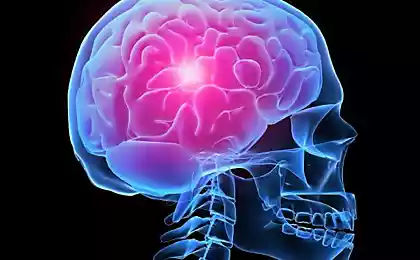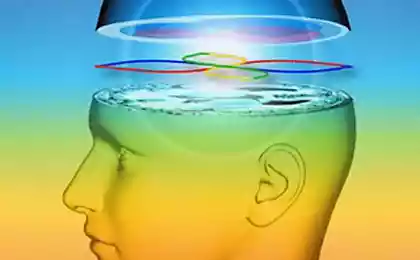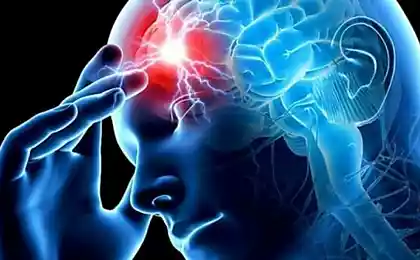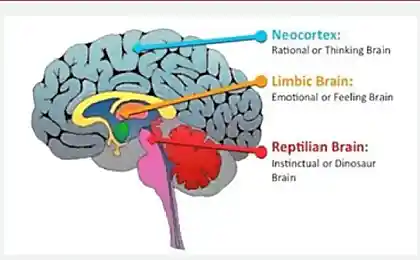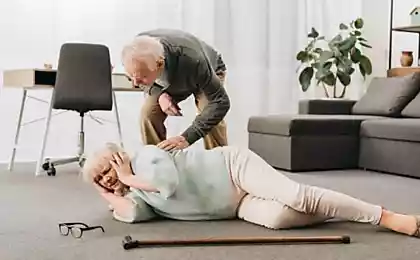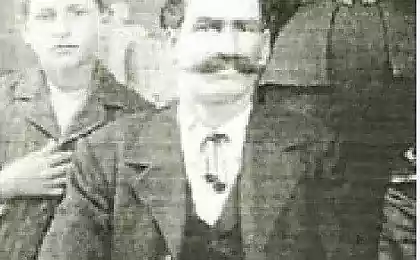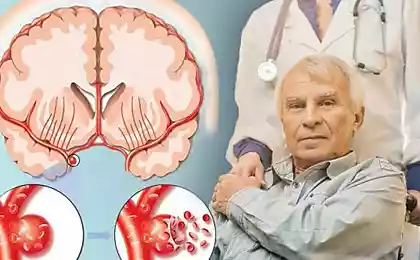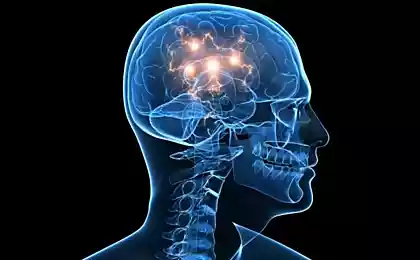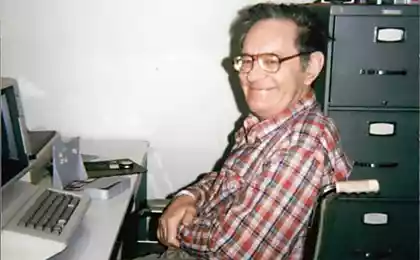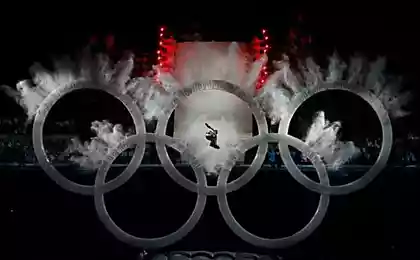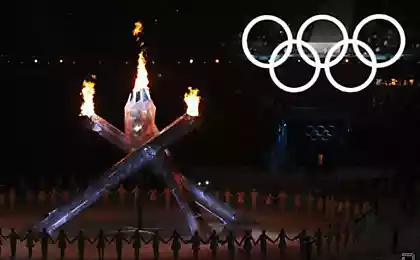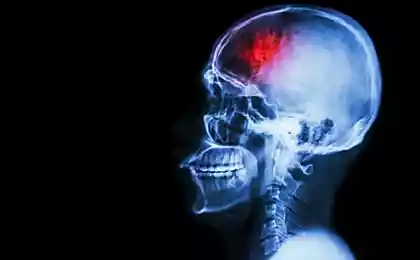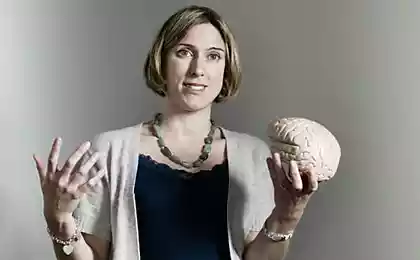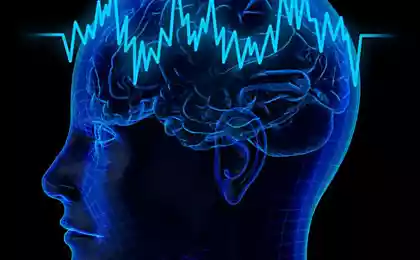459
Doctors have found a new mechanism of brain recovery after stroke

A group of Swedish scientists from Lund University and the Karolinska Institute have identified a previously unknown mechanism through which the brain produces new nerve cells after a stroke.
Experiments on mice showed that after induced stroke, so-called astrocytes, start to form nerve cells in the damaged part of the brain. Using genetic mapping techniques, has enabled scientists to demonstrate that astrocytes in this area formed immature at first, then Mature nerve cells.
Professor Zaal Kokaia commented on medical news: "This is the first time astrocytes have shown that they have the opportunity to begin a process that leads to the formation of new nerve cells after a stroke". The researchers were able to identify the signaling mechanism that regulates the conversion of astrocytes into nerve cells. In a healthy brain, this signaling mechanism is active and inhibits the conversion, and, consequently, the astrocytes do not generate nerve cells. After a stroke, the signalling mechanism is suppressed and they can begin the process of creating new cells.
Kokaia: "Interestingly, even when we blocked the signaling mechanism in mice not subjected to stroke, the astrocytes formed new nerve cells". Neurologist Olle Lindvall added: "One of the main tasks now is to explore whether astrocytes are also converted to neurons in the human brain. If the new mechanism works ...this could be clinically relevant not only for stroke patients, but also for replacing neurons that have died. Thus, it is possible to restore function in patients with other diseases such as Parkinson's disease and Huntington's disease".
Feather in the exploration of writers who tried espionage
The drone Zephyr managed to climb to record high

